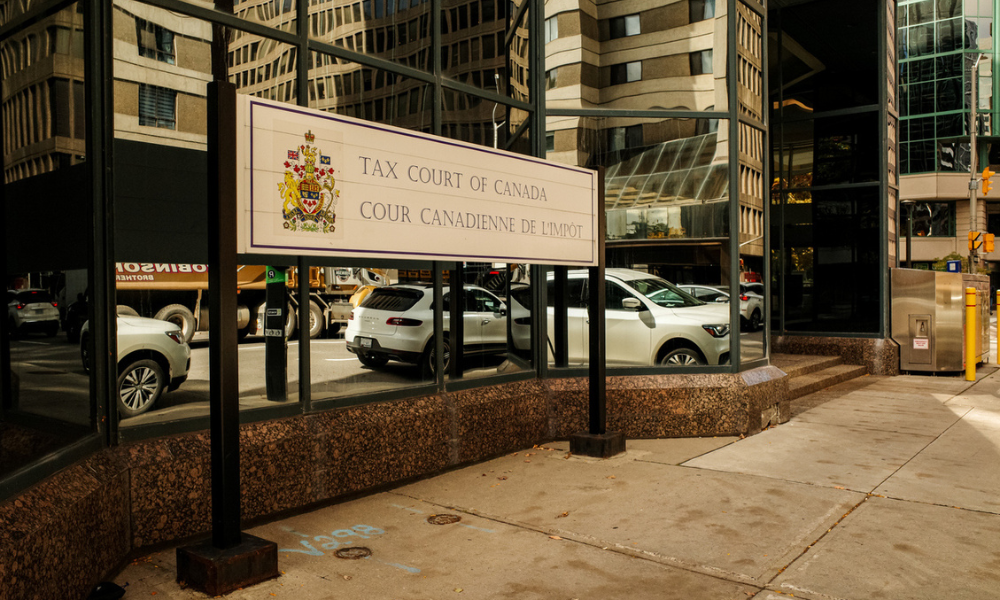Proposed legislation to modify composition of Historic Sites and Monuments Board of Canada

The Parks Canada Agency has announced that the federal government recently tabled legislation to strengthen the protection and conservation of historic sites in Canada.
Bill C-23 or the Historic Places of Canada Act aims to provide for the designation of places considered to be of national historic significance or national interest and foster the protection and conservation of the heritage value of these designated places. The bill also provides for transparent decision-making, information sharing, and sustainable protection of over 300 federally owned historic sites across Canada.
“Through this legislation, the Government of Canada is taking action to ensure the sustainable protection of historic places and to present our shared history in ways that are inclusive and meaningful to all Canadians, including Indigenous peoples, youth, and members of diverse groups across the country,” the Parks Canada said.
Most Read
In particular, the bill modifies the composition of the Historic Sites and Monuments Board of Canada (HSMBC) by creating three new positions for First Nations, Métis, and Inuit representatives. The HSMBC is a federal board that advises the government, through the Minister of the Environment and Climate, on commemorating nationally significant aspects of Canada’s history.
“This step is an important part of the Government of Canada’s response to Call to Action 79 of the Final Report of the Truth and Reconciliation Commission of Canada, which calls for the development of a reconciliation framework for Canadian heritage and commemoration,” Parks Canada said.
Moreover, the bill imposes obligations for the protection and conservation of the heritage value of designated places administered by certain Crown corporations, including the duty to consult with Parks Canada before an activity that may affect the heritage value of a designated place is carried out.
The bill also provides flexibility to adapt designated places for sustainable reuse through greening and accessibility modifications.
The bill requires establishing and maintaining a public register that includes significant information about designated places and permits the exclusion of information from the register in certain instances, such as if the information could cause damage to the heritage value of a designated area.
“This strong legislative framework – the first of its kind in Canada – will help ensure Canada’s treasured historic places can continue to be enjoyed by future generations,” Minister of the Environment and Climate Steven Guilbeault said.










